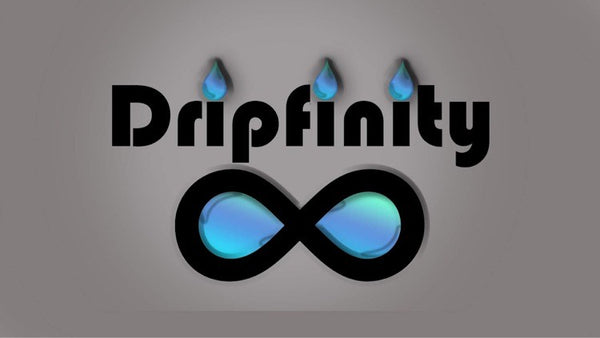Rewriting: The Perils of AI - Existential Hazards
AI, the ever-evolving technology, has gradually become a ubiquitous presence in our lives. From voice assistants like Siri and Alexa to automated systems in various industries, artificial intelligence has provided numerous benefits. However, it is essential to recognize the potential dangers and existential risks associated with relying heavily on AI-powered systems.
As technology advances, AI has reached a stage where it can mimic human-like language and generate content that appears human-written. This has the potential to blur the lines between human and AI-generated content, giving rise to ethical concerns and challenges in different domains, including journalism and social media.
AI-generated content often lacks the personal touch and unique perspectives that humans bring. It can produce articles, blogs, or even news pieces that are formulaic and lack the emotional depth associated with human storytelling. Readers may find it difficult to connect with such content as it may lack authenticity and originality.
Furthermore, the existential risks associated with AI cannot be overlooked. As AI systems become more sophisticated and autonomous, there is a concern that they may outperform human capabilities and potentially become uncontrollable. This raises questions about the future of humanity, the balance of power, and the potential loss of control over intelligent machines.
It is crucial to address these perils and ensure that AI systems are developed and utilized ethically. Strict regulations and guidelines must be put in place to prevent the misuse of AI technology and safeguard against potential risks in the future.
While AI certainly presents challenges, it also offers immense opportunities. In business, AI is already transforming various processes and driving efficiency. From automated customer service to data analysis and decision-making, companies are leveraging AI to save time and money while enhancing productivity.
AI-driven solutions can optimize resource allocation, minimize human errors, and provide valuable insights based on massive data analysis. By delegating repetitive tasks to AI systems, employees can focus on higher-value activities, fostering innovation and problem-solving.
It is important to remember that AI is a tool we use to augment our capabilities rather than replace our human touch completely. Embracing this mindset will help us navigate the complexities of the AI era while harnessing its benefits without compromising our unique human qualities.
So, let's remain mindful of the potential risks, actively engage in the ethical development of AI, and leverage its power smartly to shape a future where humans and intelligent machines work harmoniously to achieve greater heights.
Learn more about the convergence of AI and art at DripfinityImmersiveArt.com, where creativity meets cutting-edge technology.

